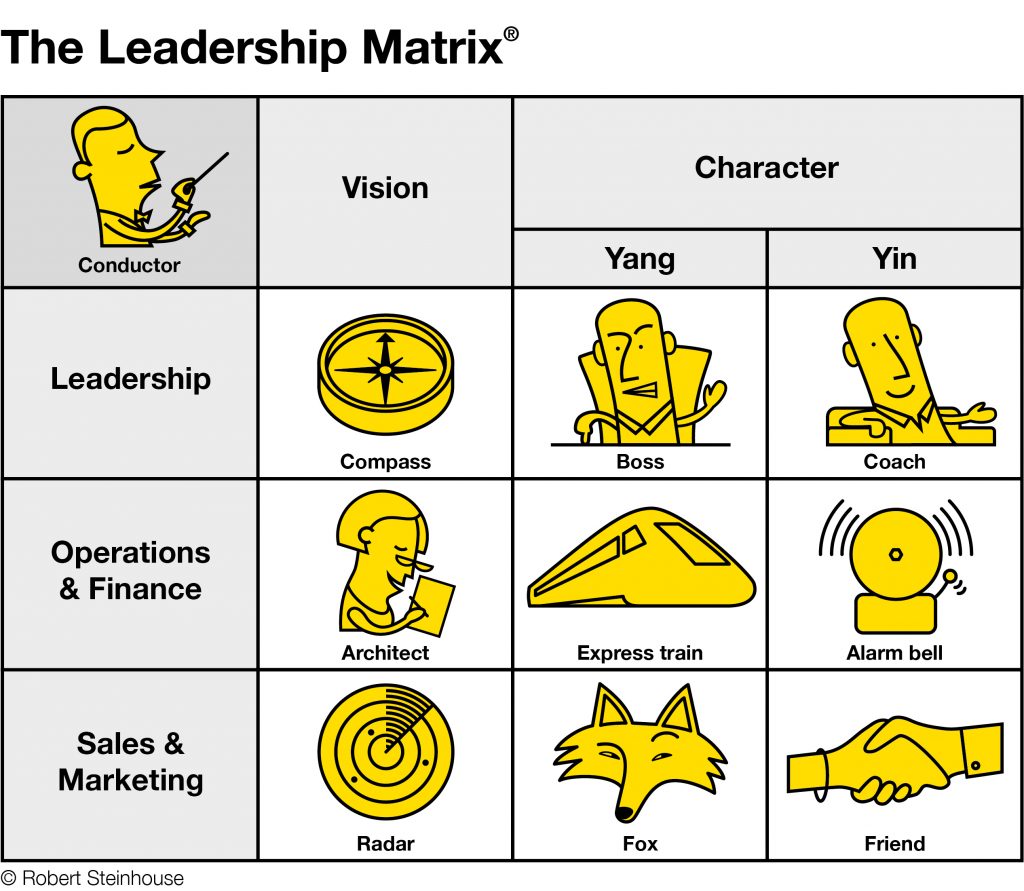Becoming a Leader: From Specialist to Generalist

Many people come to a point in their career where they realize that continuing to practice the specialist skill they have mastered has become an impediment to fulfilling their ambitions in becoming leaders.
We are brought up with a belief that the way to succeed at work is to become a specialist. The world’s leading expert on X can always command an audience. We are told that people who know a little about lots of things are dabblers, of limited use to anyone apart from themselves.
It wasn’t always this way
Oddly enough, this was not the case two generations ago. Then a ‘general education’ was the key to success. It was argued that generalists had a broader perspective, which made them more flexible and more able to put whatever task they were carrying out in a bigger context.
I’m not sure why this change from generalism to specialism has come about – if you have any thoughts as to why, do let me know. Maybe the world has become more meritocratic, and the old world of the generalist is now perceived as one inhabited by the aristocratic amateur.
Whatever the reason, careers advice for the modern child tends to be to ‘specialise’.
However, in the post-COVID economic climate, I believe this advice is now out of date. Working as a facilitator on various leader programmes, I find there is now a strong fear of a repeat of the credit crunch and a sense that it was created by ‘ivory tower Excel specialists’ who lacked real-world, generalist abilities and wisdom.
There is a new, deeply felt need in organisations to develop traditional generalist leaders. Such people understand their specialism, but have also acquired a wider set of skills to make themselves more worldly wise.
True leaders are generalists
If you want to become a partner, director or CEO of a company, you will now need to understand all aspects of what that company does:
- How its finances work
- The legal constraints within which it operates
- How it delivers or makes its services or goods
- How it does its sales and marketing.
In other words, you need to be a generalist. (This is the left hand column of my Leadership Matrix model: Leadership, Operations and Finance, Sales and Marketing – what I call the Capability Sets).
Arguably, an MBA should provide this breadth. Up to a point, the best ones do. But they cannot replicate the experience of making one’s way up the various specialist ladders.
So what can ambitious specialists do to become leaders?
Part of the answer lies in altering one’s mindset, ditching the idea that specialism is the answer and developing a new hunger for broad knowledge. Another part lies in then satisfying that hunger, not just through books (though the best books can be wonderful guides), but through experience.
Start a business!
I can’t think of a better way of doing that than starting your own business, with an unusual objective: to learn how to run a business, not to make money (though certainly avoiding big losses). This may seem an odd thing for a busy specialist to do, but such a person will find it a marvellous academy for many business skills.
Avoid the temptation to concentrate on your existing area of expertise. And get up and running a.s.a.p. – sell something to somebody and set up a bank account once you have some money to bank.
Or challenge yourself in your organisation
If you work for a large organisation, another way of acquiring this breadth is to get yourself placed in entirely different parts of it. Contact your HR department: they will probably be delighted with your initiative. Alternatively, use your family or contact networks to find experts in fields other than your own that you can spend time with.
One client told me he learnt all he needed to know about accounting by talking for an hour with an accountant he found in the yellow pages.
He went on to say that the hour gave him enough knowledge for the next couple of years – and he continues to use that accountant to this day.
What will be acquired above all are new mindsets, new ways of looking at your business, its environment and its customers, and creative ways to quickly acquire new skills.
These are a prerequisite for excellent leadership in the modern, ‘post-specialist’ era.
Did you like this post?
Then check out our events and courses!
Where to find us
For posts, events, free open days and more, follow NLP School on:
What to read next
My Three Most Influential Business Books
How Can You Tackle Your Imposter Syndrome?

